
Alternative MA 23/24
Food & Art
Course Content
TERM 1 - COOKING IN THE CHTULUCENE
Anthropocene dawn / The Postnatural/ Contamination as collaboration
We began with an unpicking and questioning of the Anthropocene, considering what it means to “cook in the chtulucene” (Haraway). As we moved into the muddy terrains of “contamination as collaboration” (Tsing), we entered the framework of the Postnatural, investigating it as a lens through which to see our present condition.
TERM 2 - NEUROGASTRONOMIC REWIRING
A closer look into taste / Subconscious cultural conditioning / Strategies for neurogastronomic rewiring
Moving into the second term, we grounded ourselves in our senses to consider a “Neurogastronomic Rewiring” in the face of climate disaster. We investigated and unpicked the concept of Neurogastronomy, examining our relationship to taste and its role in cultural, societal and political shifts.
TERM 3 - TOWARDS A METABOLIC PLANETARY KITCHEN
Food and cities / Metabolic intimacy / Planetary cooking
In our final term, we speculated on the possibilities of the “Metabolic Planetary Kitchen” (Black Almanac), departing from an unpicking and reshuffling of the prospects of our lives in cities and the food systems that hold us together (or set us apart). We ended on the notion of “metabolic intimacy” (Donati) and considered what it means to strive for a practice of “Planetary Cooking”.
Guest Lecturers
Gabriel Alonso

Read more
Institute for Postnatural studies

Federico Campagna
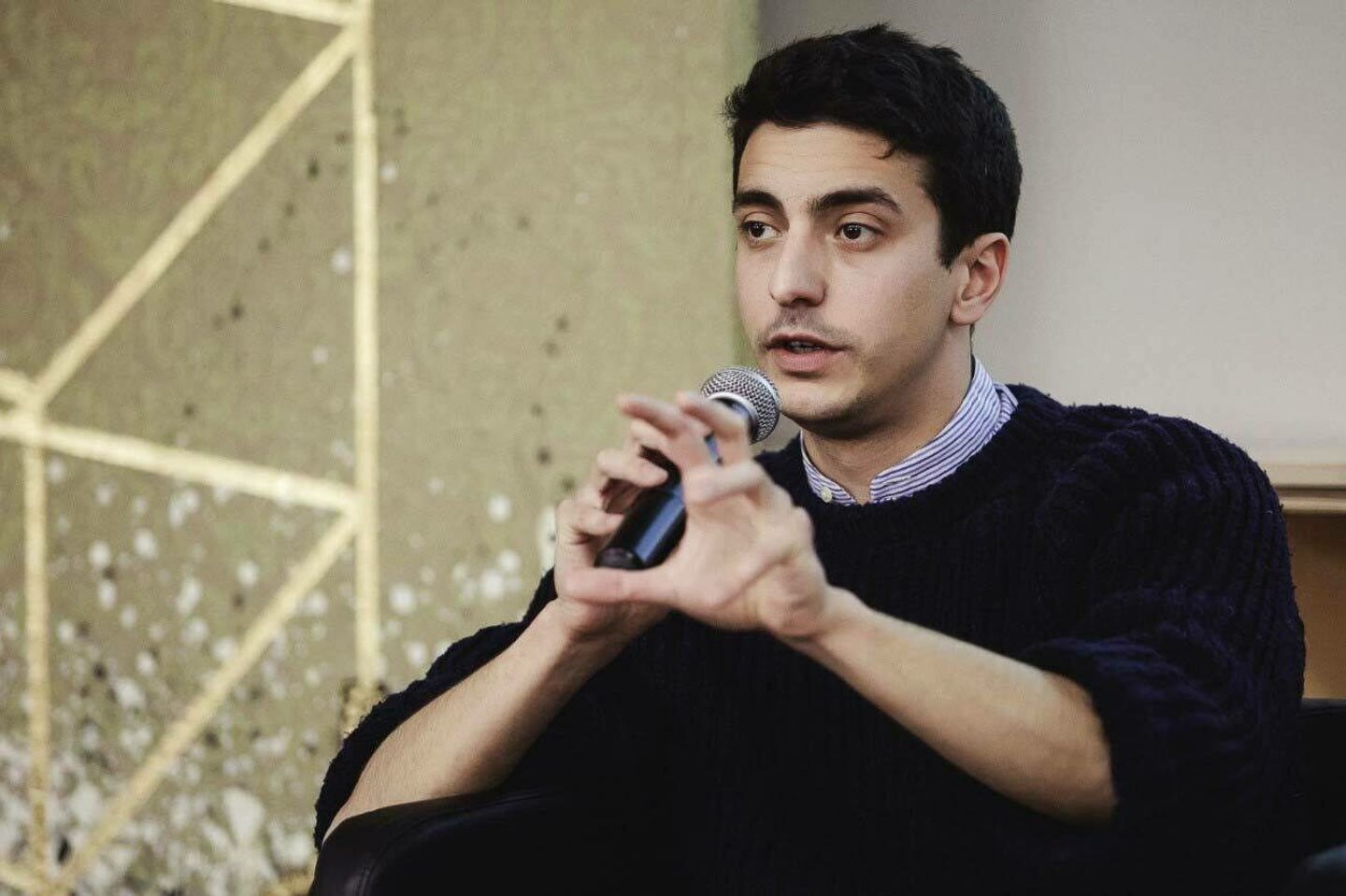
Read more
Philosopher and Writer

Federico Campagna
Philosopher and Writer
Federico Campagna is an Italian philosopher and writer based in London. His latest books are Prophetic Culture (2021) and Technic and Magic (2018). He is Critical Fellow at the Royalty Academy Schools in London, Associate Fellow at the Warburg Institute in London, and a director at the radical publisher Verso Books. He is the host of the podcast Overmorrow’s Library for the Centre of Contemporary Arts in Geneva. He is currently working on a new book on the history of world-building imagination in the Mediterranean.
Future Farmers

Read more
Collective, Platform

Asunción Molinos Gordo
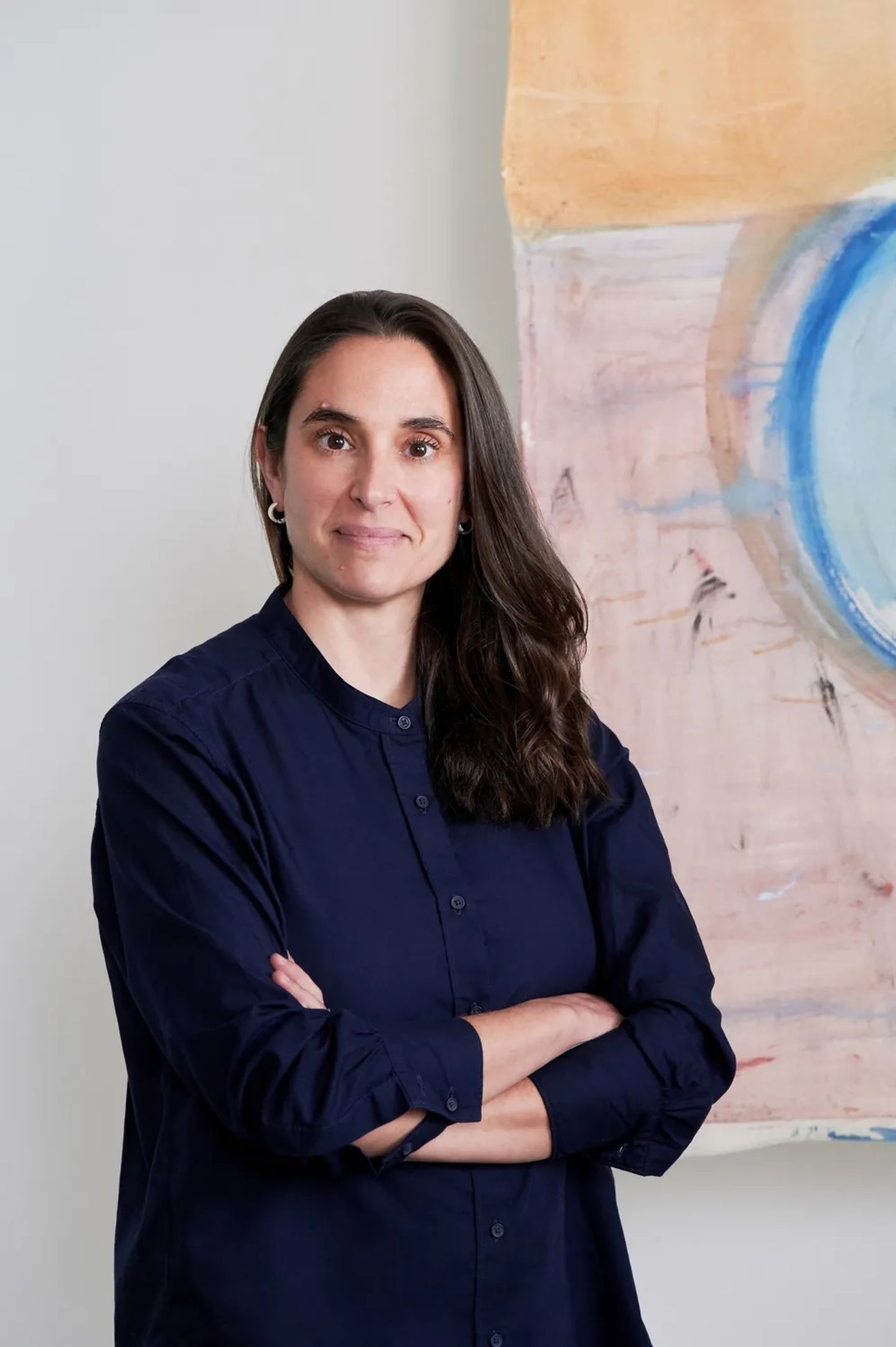
Read more
Artist

Asunción Molinos Gordo
Artist
Asunción Molinos Gordo is a research-based artist strongly influenced by disciplines such as anthropology, sociology and cultural studies. In her practice she questions the categories that define “innovation” in mainstream discourses today, working to generate a less urban-centric way of understanding progress.
The main focus of her work is contemporary peasantry. Her understating of the figure of the small or medium farmer is not merely as food producer but as cultural agent, responsible for both perpetuating traditional knowledge and for generating new expertise. She employs installation, photography, video, sound and other media to examine the rural realm driven by a strong desire to understand the value and complexity of its cultural production, as well as the burdens that keep it invisible and marginalized.
She has produced work reflecting on land usage, nomad architecture, farmers’ strikes, bureaucracy on territory, transformation of rural labour, biotechnology and global food trade.
Molinos Gordo won the Sharjah Biennial Prize 2015 with her project WAM (World Agriculture Museum) and represented Spain Official Section at the 13th Havana Biennial 2019. Her work has been exhibited at venues including V&A Museum (London), Delfina Foundation (London), ARNOLFINI (Bristol), Jameel Arts Center (Dubai), The Townhouse Gallery (Cairo), Darat Al Funun (Amman), Tranzit (Prague), ART BASEL Miami Beach (US), Cappadox Festival (Uchisar-Turkey), The Finnish Museum of Photography (Helsinki), Museo Carrillo Gil (Mexico), MAZ Museo de Arte de Zapopan (Mexico), MUSAC (León, Spain), CA2M (Madrid, Spain), CAB de Burgos (Spain), Matadero (Madrid, Spain) and La Casa Encendida (Madrid, Spain), among others.
She obtained her B.F.A. from the Universidad Complutense de Madrid, where she also pursued her Master in Contemporary Art Theory and Practice. She is currently studying Anthropology and Ethnography at UNED (Spain).
Molinos Gordo is represented by Travesia Cuatro gallery in Spain and Mexico.
The Center of Genomic Gastronomy
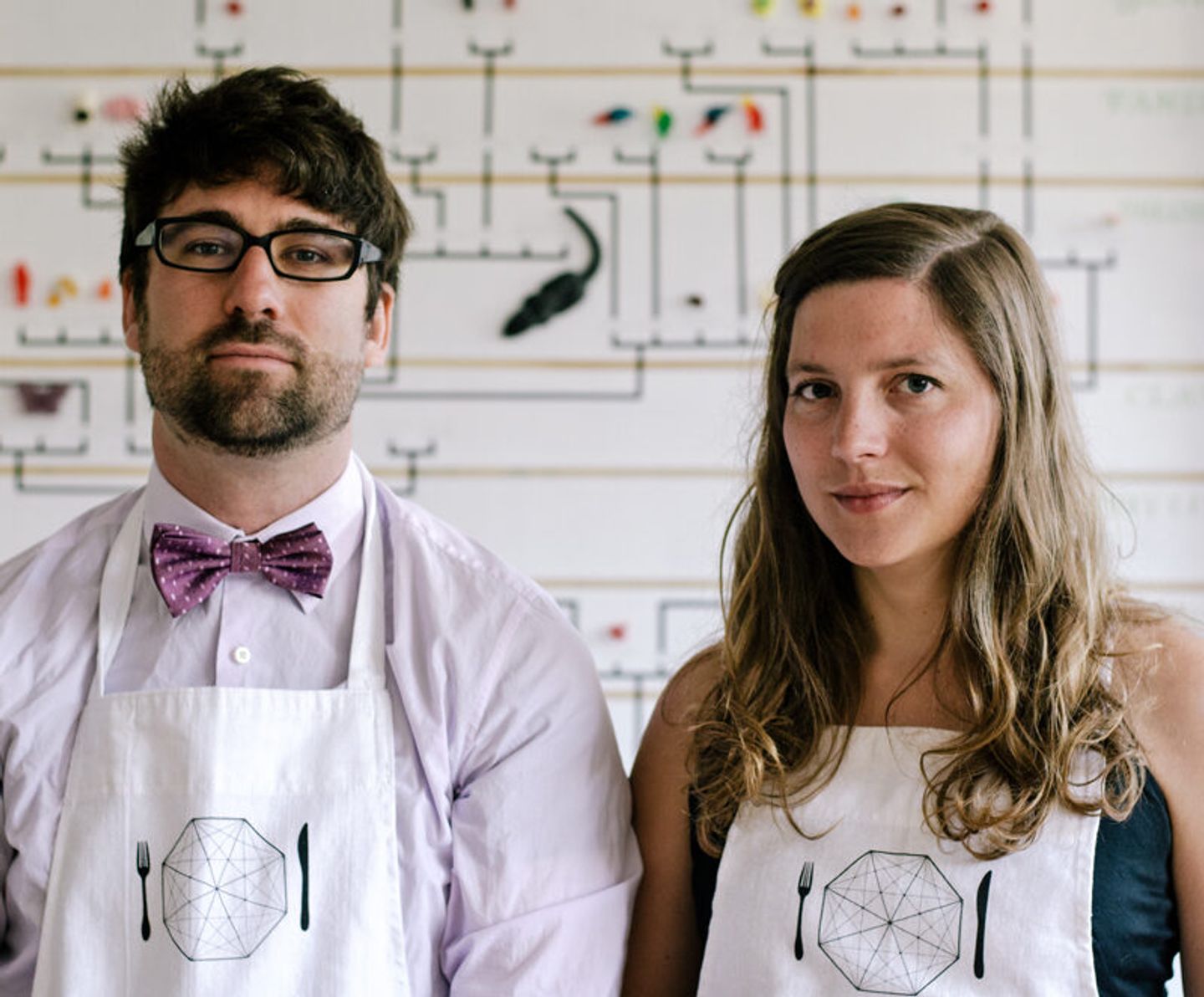
Read more
Artist-led Think Thank

The Center of Genomic Gastronomy
Artist-led Think Thank
The Center for Genomic Gastronomy is an artist-led think tank launched in 2010 by Cathrine Kramer (NO) and Zack Denfeld (US) that examines the biotechnologies and biodiversity of human food systems. They have completed research and exhibited in Asia, Europe and North America, collaborating with scientists, chefs, hackers and farmers. Their mission is to map food controversies, prototype alternative culinary futures, and imagine a more just, biodiverse & beautiful food system.
The Center’s work has been published in WIRED, We Make Money Not Art, Science, Nature and Gastronomica and exhibited at the World Health Organization, Kew Gardens, Science Gallery Dublin and others.
Rowen White

Read more
Seed keeper, Farmer

Rowen White
Seed keeper, Farmer
Rowen White is a Seed Keeper and farmer from the Mohawk community of Akwesasne and a passionate activist for indigenous seed and food sovereignty. She is the director and founder of Sierra Seeds, an innovative organic seed stewardship organisation fo- cusing on local seed and education, based
in Nevada City CA. Rowen is the current National Project Coordinator and advisor for the Indigenous Seed Keeper Network, which is an initiative of the Native American Food Sovereignty Alliance, a non-profit organisa- tion aimed at leveraging resources to support tribal food sovereignty projects. The mission of the Indigenous Seed Keepers Network is to nourish and assist the growing Seed Sov- ereignty Movement across Turtle Island.
Charles Spence

Read more
Psychologist

Charles Spence
Psychologist
Professor Charles Spence is a world-famous experimental psychologist with a specialization in neuroscience-inspired multisensory design. He has worked with many of the world’s largest companies across the globe since establishing
the Crossmodal Research Laboratory (CRL) at the Department of Experimental Psychol- ogy, Oxford University in 1997. Prof. Spence has published over 1,100 academic articles and edited or authored, 16 books including, in 2014, the Prose
prize-winning “The perfect meal”, and the international bestseller “Gastrophysics: The new science of eating” (2017; Penguin Vi- king) – winner of the 2019 Le Grand Prix de la Culture Gastronomique from Académie Internationale de la Gastronomie. His latest book Sensehacking was published in 2021.
Ole G Mouritsen

Read more
Scientist, Professor Gastrophysics

Ole G Mouritsen
Scientist, Professor Gastrophysics
Ole G. Mouritsen PhD DSc FRS-DK is a research scientist and professor emeritus of gastrophysics and culinary food innovation at the University of Copenhagen. His work focuses on basic sciences and their applications within the fields of biotechnology, biomedicine, food, and taste. He is the recipient of numerous prizes for his work and for research communication. His extensive list of publications includes several monographs, many of them co-authored with chef Klavs Styrbæk, which integrate scientific insights with culinary perspectives and have been nominated three times for Gourmand Best in the World Awards. Currently, Ole is president of The Danish Gastronomical Academy and founder and past director of the National Danish Taste Center Taste for Life.
Eneko Axpe

Read more
Physist, Artist

Eneko Axpe
Physist, Artist
Eneko Axpe is a Basque physicist and artist. He is engaged in research in the areas of bio- materials, mathematical models, plant-based food and sustainability. He is one of the only gastrophysicists in the European Union. He works in the fight against climate change
by combining physics and gastronomy, and thanks to his scientific research in this field, he received the prestigious 50 Next Science Innovators international award.
He works as a Postdoctoral Fellow at Stanford University and NASA since 2018. Before that, he was a researcher and professor at the University of Cambridge as a Homerton College Research Fellow (2016 - 2018). He obtained his PhD in Physics from the University of the Basque Country in 2015. He is also an academic visitor of Harvard University and the University of Oxford.
Noam Youngrak Son
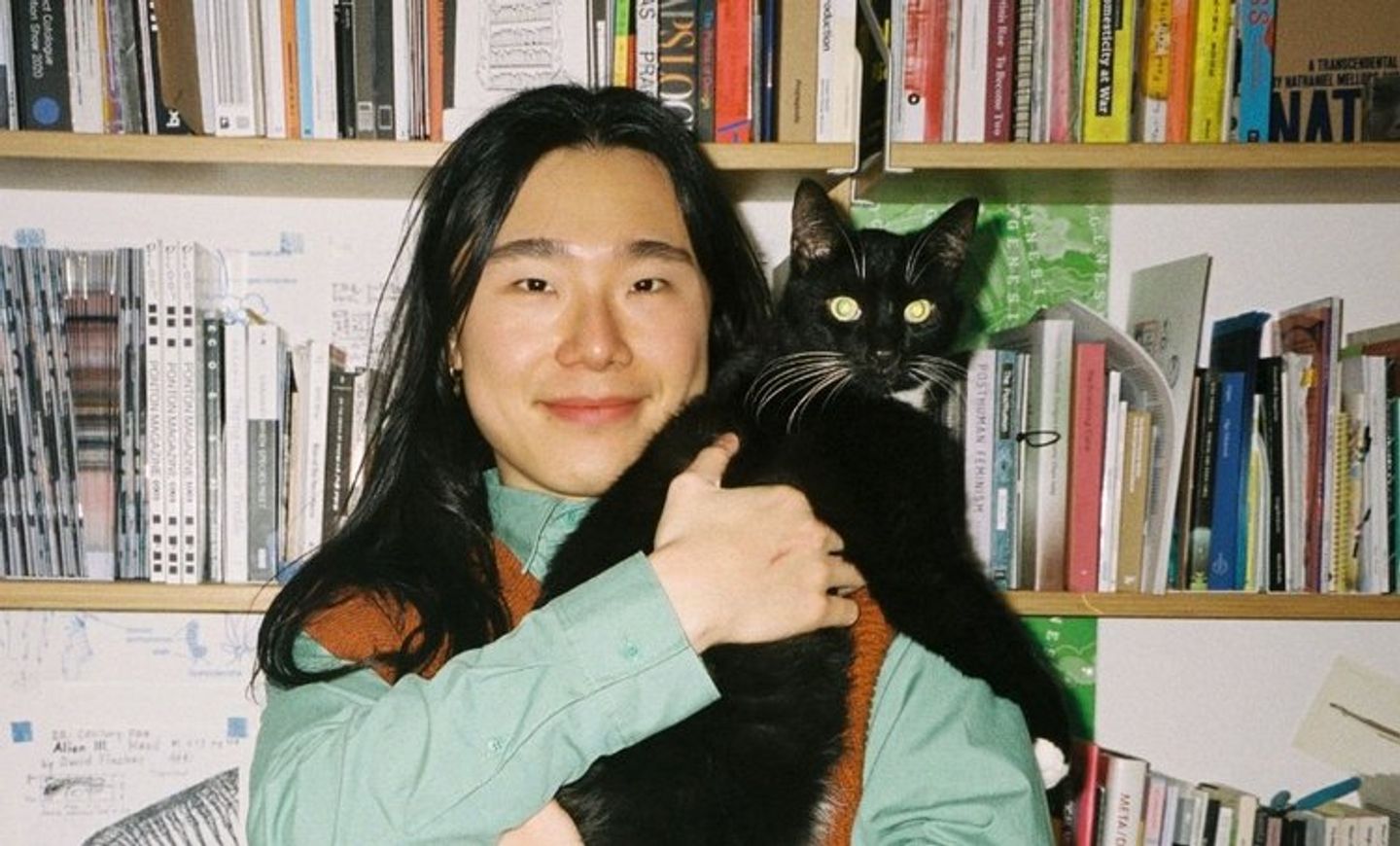
Read more
Artist, Communication Designer

Noam Youngrak Son
Artist, Communication Designer
Noam Youngrak Son is a communication designer, design theorist, and cultural worker. Their design work encompasses small-scale publishing projects, speculative worldbuilding, workshops, lectures, writing, net art, and occasional performative interventions. As a cultural worker, they have co-organized the Ghent-based queer publishing collective Bebe Books (https://bebebooks.be/) since 2021. Son has expanded their focus from design to theory in order to critically engage with the ontology of the design industry, media, and broader material culture. This turn is informed by their observations of cultural assemblages that echo the extractive operations of capitalism on racialized and more-than-human populations. They are particularly attentive to the interconnected notions of speculation—both as an open artistic approach and as a process of value increase in capitalism. They research the tendency of the former in design to be subjugated by the latter and explore alternative methods for speculative design practices to realize their transindividual potential through collective organization and workshop facilitation. In this process, Son utilizes queer publishing as a technology for mobilizing attention beyond the financialized “scarce resource” of the attention economy. In this context, publishing extends beyond mere printed matter to encompass the maintenance of communities and the cultivation of interspecies relationships. The term "queer" here is not used as a statement of identity but as a process—small yet collective strategies of publishing that challenge the modern myth of the heroic designer.
Justin Wong

Read more
Interdisciplinary Designer

Justin Wong
Interdisciplinary Designer
Justin Wong is a London based interdiscipli- nary designer working at the intersections of apparel design, ecology, and scholarship. Inspired by non-human ecologies and social formations of ungovernability, his practice explores avenues for forging more-than-hu- man relations for mutual flourishing. Draw- ing from theories of race, animality, and political ecology, his research interrogates mechanisms that uphold White humanism and seeks to decolonize the racialized con- ception of the “human.” He is currently in- terested in tracing the spectral potentials of non-human actors, particularly at molecular and microbial scales.
Black Almanac

Read more
Design research platform

Black Almanac
Design research platform
Black Almanac is a speculative design-research platform that sees artificiality, alienation, and desire as key ingredients in the transformation of the global food system. Initiated in 2020 by Philip Maughan, Andrea Provenzano, and Nikolai Medvedenko, the project brings together concepts, tools, case studies, and people for whom equitable, nutritious, ecologically sustainable and joyful cuisine is the minimum viable requirement for food in the century to come.
David Zilber

Read more
Chef, Author, FoodScientist, Photographer

David Zilber
Chef, Author, FoodScientist, Photographer
David Zilber is a professional chef, author, food scientist, and photographer who hails from from Toronto Canada. He has worked in some of the world’s top kitchens since 2004, most notably serving as the director of the Fermentation Lab at Restaurant Noma, where he employed microbes to transform foodstuffs into bold new ingredients. In his time there, he authored the New York Times Bestseller, The Noma Guide to Fermenta- tion. He has since become a voice for science communication in the world of food and fer- mentation, and continues working towards a more sustainable global food system from his adopted home of Copenhagen.
Kelly Donati

Read more
Ethnographer in Gastronomy & Agriculture

Kelly Donati
Ethnographer in Gastronomy & Agriculture
Kelly Donati is an ethnographer in gastronomy and agriculture. Her doctoral dissertation, completed in 2017, developed the concept of multispecies gastronomy which explores the convivial and lively co-productive collaborations between humans and nonhumans in small-scale
farming practice. She has published in the areas of multispecies gastronomy, community gardens, farmers markets, the politics of Slow Food and the development of food studies pedagogy. Kelly developed and currently lectures in Australia’s first Bachelor of Food Studies and Master of Food Systems and Gastronomy at William Angliss Institute and is the founding Chairperson of Sustain: the Australian Food Network, a not-for-profit organisation which undertakes food system policy work for
local government and beyond.
Carolyn Steel
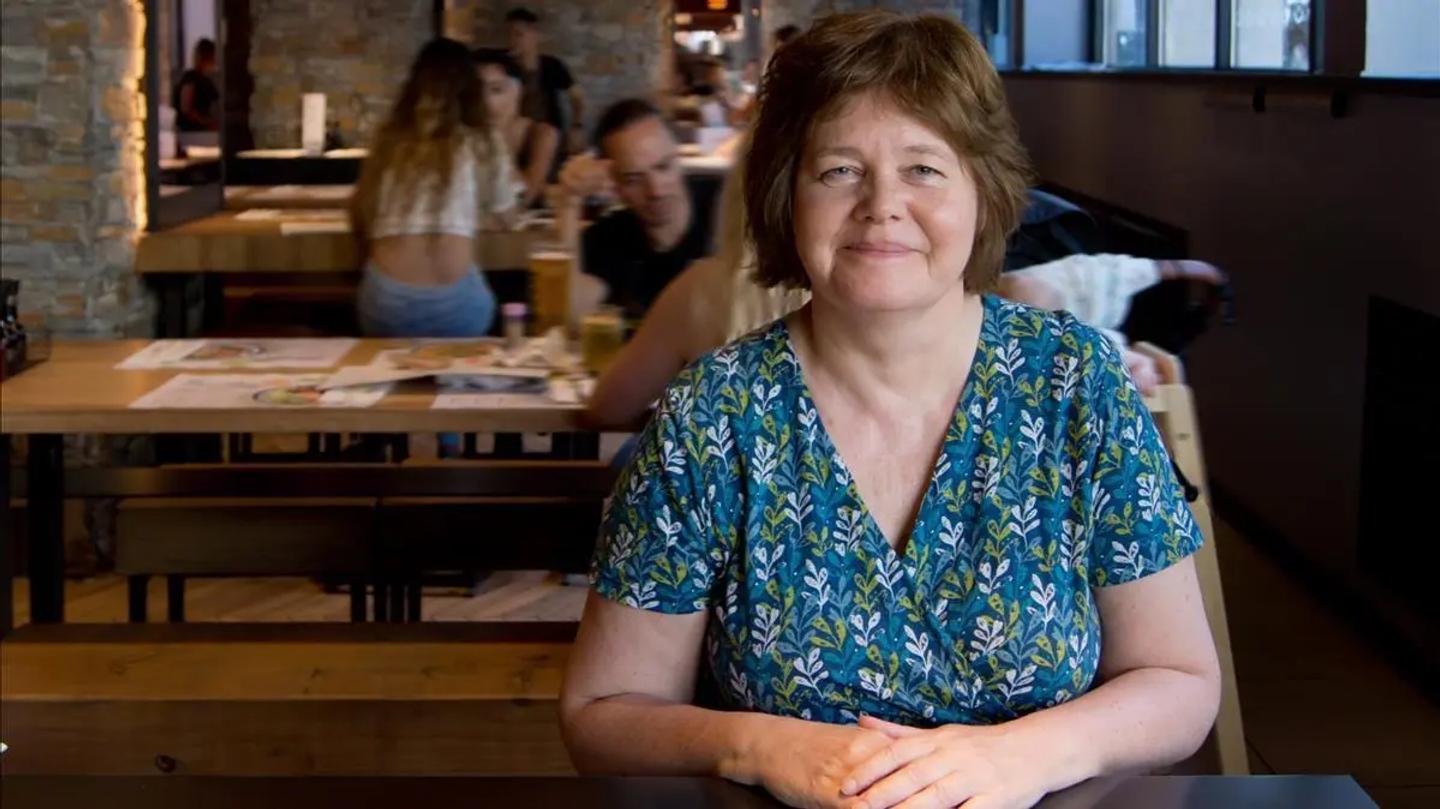
Read more
Architect and Writer

Carolyn Steel
Architect and Writer
Carolyn Steel is a leading thinker on food and cities. She is the author of the award-winning Hungry City: How Food Shapes Our Lives. (2008) and Sitopia: How Food Can Save the World (2020). Her concept of sitopia, or food-place (from the Greek sitos, food + topos, place) has gained broad recognition across a wide range of fields in design, ecology, academia and the arts.
Douglas McMaster

Read more
Chef, Author, Presenter

Douglas McMaster
Chef, Author, Presenter
Douglas McMaster is a chef, an author, a presenter and the owner of Silo, the world’s first Zero Waste restaurant. At a young age, Doug was awarded ‘Britain’s Best Young Chef’ by the BBC. Some years later he was awarded Britain’s most Innovative chef by the ‘Young British Foodies’ (YBFs). More recently Doug was recognised by ‘The World’s 50 Best Restaurants’ as one of the ‘young people shaping the future of gastronomy’.
Before opening Silo, Doug worked at some of the world’s best restaurants including St. John, The Fat Duck and Noma.
Eduardo Castillo-Viñuesa
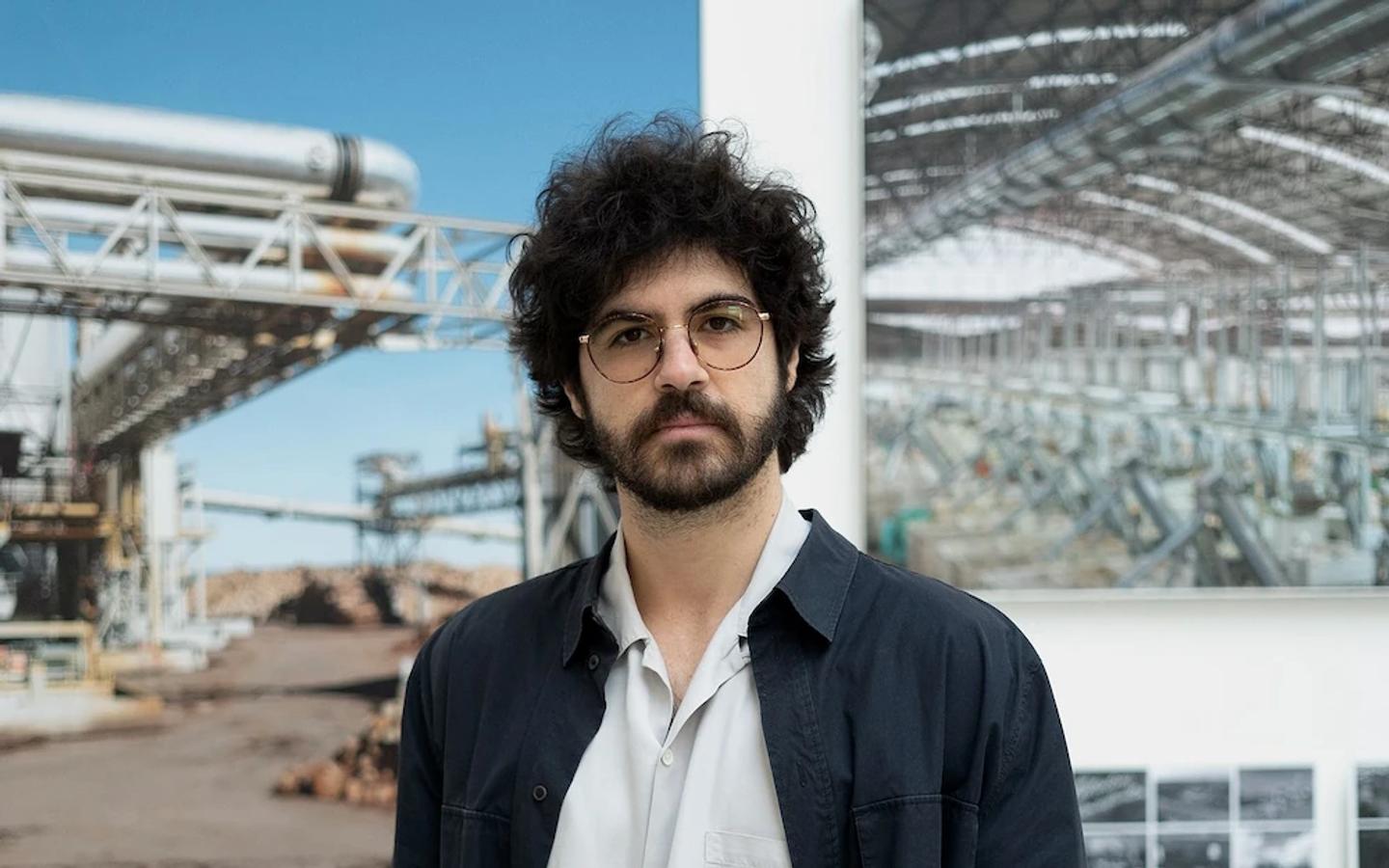
Read more
Architect, Researcher and Curator

Eduardo Castillo-Viñuesa
Architect, Researcher and Curator
Eduardo Castillo-Vinuesa is an anti-disciplinary architect, curator, researcher, and educator operating at the intersection of academia and the cultural sector. His work utilizes a cross-disciplinary approach, integrating architecture, institutional design, filmmaking, and alternative curatorial practices to explore the critical spatial forces shaping our time. He often creates institutional and para-institutional platforms to develop research-driven projects that couldn’t be realized otherwise under more normative forms of research or practice.
An ongoing project is Foodscapes, a long-term research initiative focusing on the systemic, ecological, and political implications of our planetary food systems and the architectures and territories underpinning their existence.



